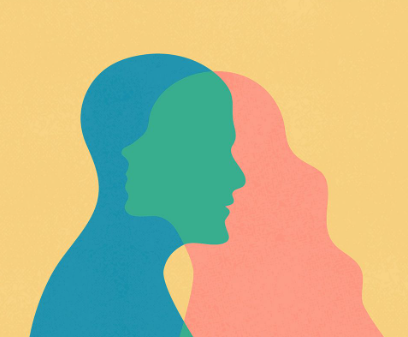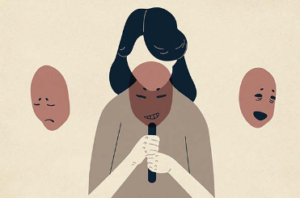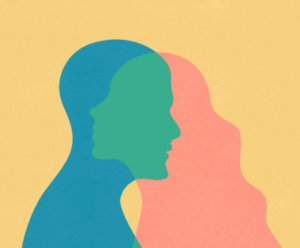
Most people experience natural fluctuations in their mood as they go through life, but bipolar disorder – once called manic depression – is more than this. It can involve major swings between the extremes of depression and mania, with a significant impact on someone’s ability to function in their everyday life. As there is no cure, management is an ongoing and complex process that may involve medication and therapy.

Symptoms of bipolar disorder
Broadly speaking, bipolar disorder is defined by experiencing extremes of mood. Depression involves low moods that can cause you to lose interest in things you normally enjoy and may damage your self-esteem. Mania can include excess positivity and high energy levels, sometimes leading to inappropriate, outrageous, or risk-taking behaviour. It becomes a disorder when it interferes with your regular life.
Types of bipolar disorder
There are two main categories of bipolar disorder: type 1 and type 2. Type 1 bipolar disorder is generally considered the most severe, with longer-lasting and more extreme periods of mania. It can also include psychotic symptoms, such as hallucinations. Type 2 is more likely to include hypomania rather than full mania, with periods of depression and hypomania both being relatively short in duration. Cyclothymia is a milder form of mood disorder.
Management
Mental health training courses, such as those provided by https://www.tidaltraining.co.uk/mental-health-training-courses/, can help you identify the symptoms of bipolar disorder and learn about appropriate treatments. These can include mood stabilising medications, such as lithium, and psychotherapy to better understand the condition, recognise triggers, and develop healthier coping strategies and relationships.

Bipolar disorder is complex. We are constantly learning more about how it works and the best way to treat it. Improved understanding will help both those with the condition to manage their symptoms and those without the condition to offer better support.